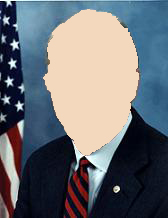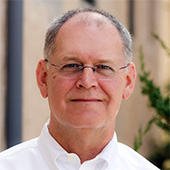Fukushima and the Happy Talk About Nuclear Power
 George Kenney's Electric Politics (EP) podcast is one of the top ten political podcasts in the country. Produced once a week on Friday mornings and boasting a theme song written by BJ Leiderman (who also writes the music for NPR radio shows), EP is more than just a wonky political theory show. Kenney has informal, timely conversations with fascinating guests on hot topics. Recently Kenny spoke with Dr. Arjun Makhijani, president of the Institute for Energy and Environmental Research (IEER) and a leading authority on nuclear fusion who has 37 years of experience in nuclear energy issues.
George Kenney's Electric Politics (EP) podcast is one of the top ten political podcasts in the country. Produced once a week on Friday mornings and boasting a theme song written by BJ Leiderman (who also writes the music for NPR radio shows), EP is more than just a wonky political theory show. Kenney has informal, timely conversations with fascinating guests on hot topics. Recently Kenny spoke with Dr. Arjun Makhijani, president of the Institute for Energy and Environmental Research (IEER) and a leading authority on nuclear fusion who has 37 years of experience in nuclear energy issues.
For people who assume that older nuclear plants in the U.S. are being replaced with safer, newer designs and that nuclear waste is now being safely and securely disposed of off-site, think again. The disaster at Japan's Fukushima Daiichi Nuclear Power plant -- and this interview with Dr. Makhijani -- will change your mind.

 Last January, the
Last January, the  A
A  By devoting just two minutes to health care reform in his State of the Union address -- and not mentioning it until half way through the remarks --
By devoting just two minutes to health care reform in his State of the Union address -- and not mentioning it until half way through the remarks --  The Center for Media and Democracy's Executive Director
The Center for Media and Democracy's Executive Director